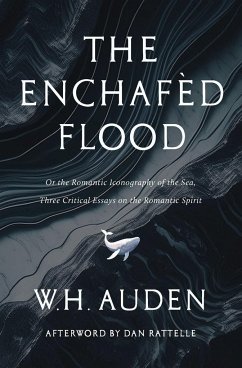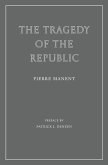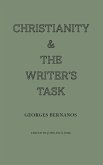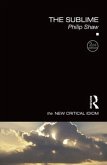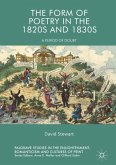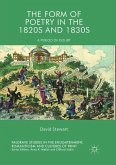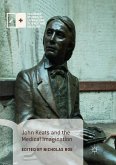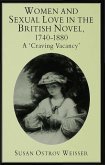Put simply, The Enchafèd Flood is an "attempt to understand the nature of Romanticism through an examination of its treatment of a single theme, the sea." Auden focuses his Christian existentialist eye especially on Herman Melville's Moby-Dick, though he draws widely from works as various as the Bible and Baudelaire, to probe the Romantic proclivity to seek escape from responsibility and community. Beginning with an exploration of Book V of Wordsworth's The Prelude, in which the speaker has a dream after falling asleep while reading Don Quixote, Cervantes' tale of the Errant Knight, Auden notes three pairs of symbols that will guide his subsequent discussion: the wildernesses of the desert and the sea, both of which are places of freedom and solitude, but also loneliness and alienation; the stone of abstract geometry, and the shell of imagination or instinct, each of which öers the dreamer alternative routes of salvation from anxiety; and the double-natured hero, as seen in the exile Ishmael and the dedicated man Don Quixote. Ultimately, Auden draws on Kierkegaard's categories to lead readers through an interrogation of the three types of heroes-the aesthetic, ethical, and religious-found in literature. By com-paring the Romantic eras's heroes with those of Classical and Renaissance literature, Auden öers both his reading of Romanticism, and the artists of that age, as well as their swan song, for, as he notes: "We live in a new age . . . Our temptations are not theirs. We are less likely to be tempted by solitude into Promethean pride: we are far more likely to become cowards in the face of the tyrant who would compel us to lie in the service of the False City."
Bitte wählen Sie Ihr Anliegen aus.
Rechnungen
Retourenschein anfordern
Bestellstatus
Storno

